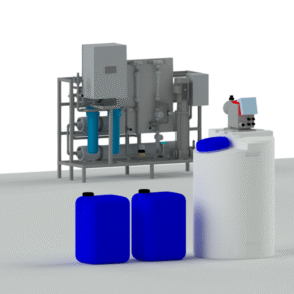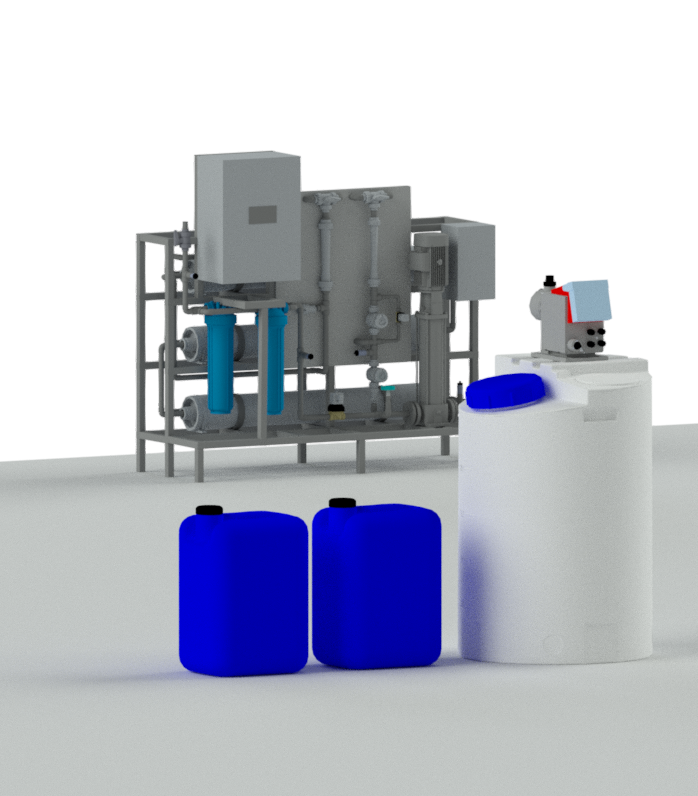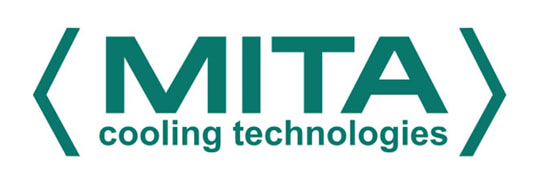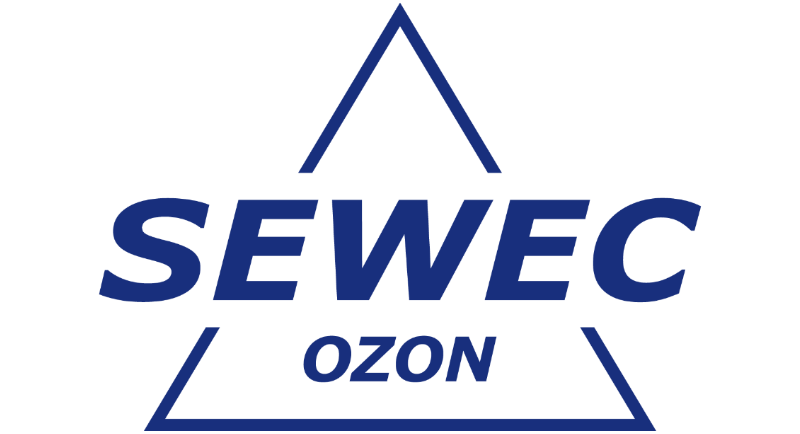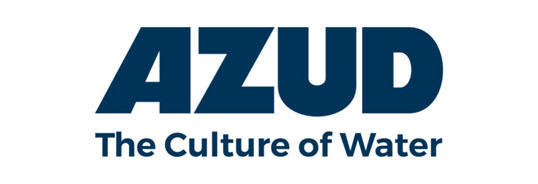Membrane systems conditioning
Showing all 3 results
-
Antiscalants
In the process of reverse osmosis and nanofiltration, there is an increase in concentration of salts in the water powering the system, in effect surpassing the solubility equilibrium for salts such as calcium carbonate or calcium sulfate, and resulting in the creation of chemical residue, so-called scaling. This process can, in the worst case, lead to destruction of the osmotic membranes.
-
Biocides for Membrane Systems
Most currently used membranes designed for reverse osmosis and nanofiltration processes, produced using thin-layer polyamide technology, are not compatible with chlorine and other strong oxidizers. For this reason, the supplied water must be subjected to dechlorination. This in turn carries the risk of growth of bacteria and microorganisms on the membarnes, resulting in lowering the device’s efficiency, or even polluting the permeate.
-
Membrane Digestion Substances
During the operation of membranę systems, undesirable processes can ocur. One of such processes is scaling- formation of chemical residue, fouling (building up of sediments) or biofouling (creation of biological slimes). All those phenomena can have an adverse effect on the quality of treated water, efficiency of the used device, and in edge cases even to irreversible damage of the membranes. We offer a complex chemical program suited for cleaning membranes, which makes it easy to maintain a reverse osmosis or nanofiltration unit in perfect condition.

